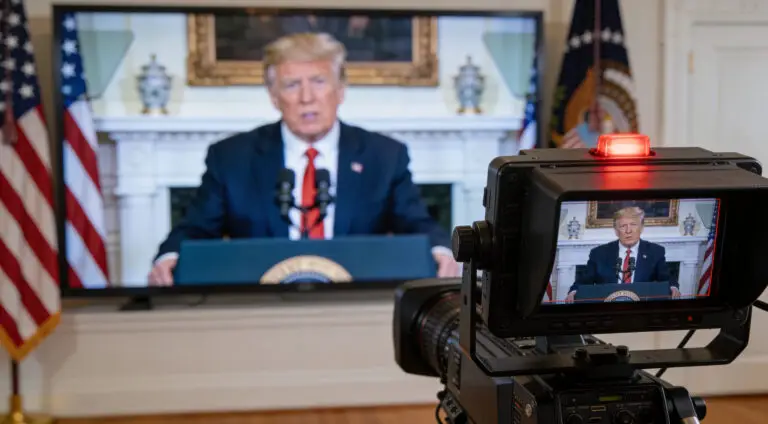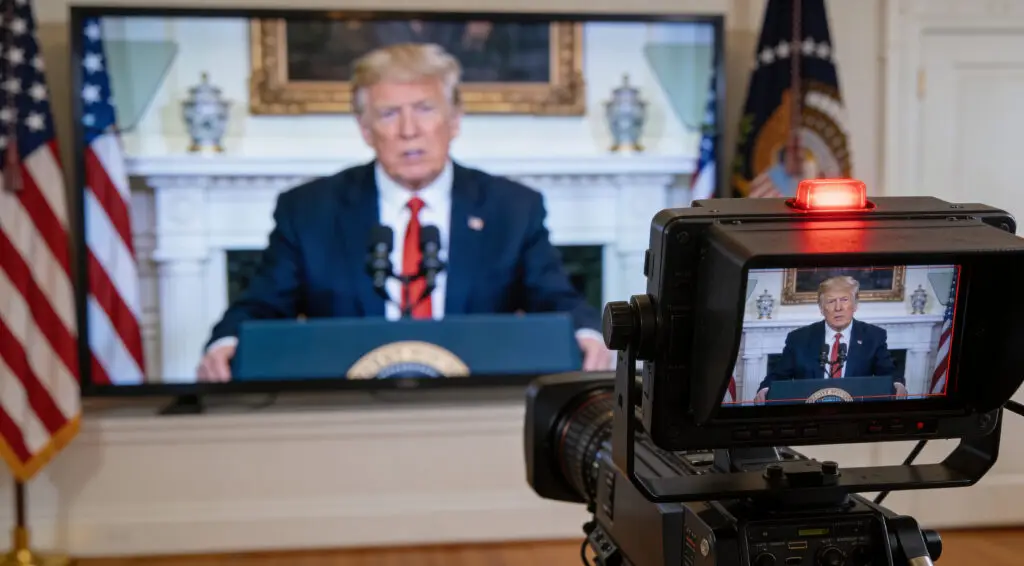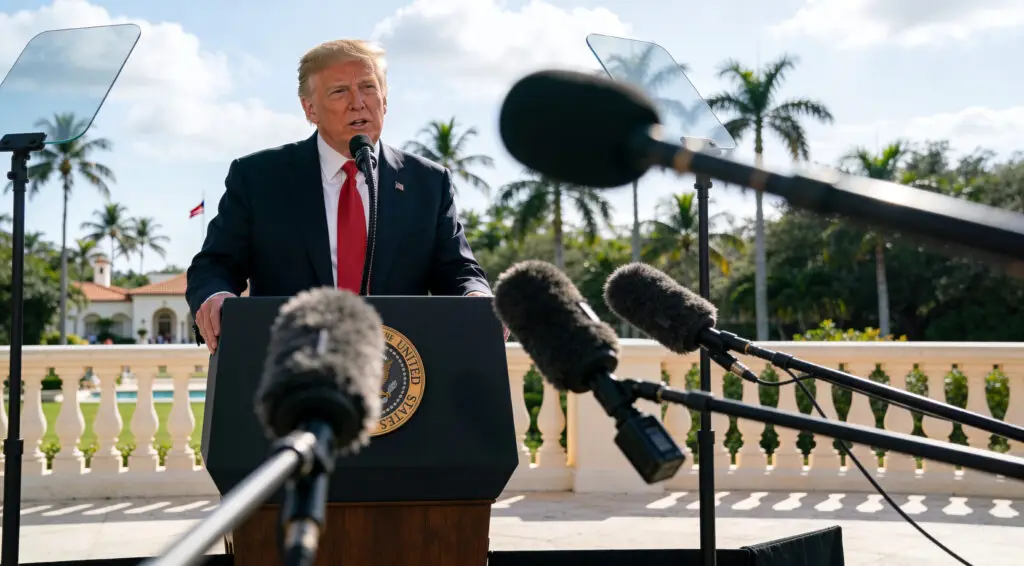As the Financial Services Commission (FSC) intensifies attempts to encompass the cryptocurrency market, it has taken a more direct route by trying to control the distribution of crypto trading apps. South Korea is taking a direct approach by going after the supply chains of crypto trading apps. The recent attempts lead to asking Apple to take down 14 exchange apps from the app store. This list included famous names such as KuCoin and MEXC. Just last month, the same demand was made from Google, which points to worrying amount of unregulated crypto activity in the nation.
A More Definitive Approach: Curbing Operatons Without Registration.
These measures stem from the fear of the commission that the respective exchanges do not hold the legal registrations necessary to run as virtual asset operators within South Korean jurisdiction as offered by legal instruments. The highlighted translation of the formal position suggests “unauthorized” is the most fitting term to describe these exchanges. By covering borders on exchanges, South Korean regulators try to turn the users engagement with those platforms to a more difficult level right from the place.
The Apple App Store: A Major Source of Distribution
As one of the main mobile application sources, Apple App Store has come into focus in this regulatory strategy. The FSC’s request to Apple directly led to the barring of domestic access to these 14 crypto exchange apps. What this means is that now South Korean users cannot install these apps on their Apple devices. In addition, current users may have to some restrictions in the future in accessing updates or important features that will enable or disable their trading activities.
Google Precedent: A Standardized Approach To Regulation
This follows a similar move by South Korean regulators last month when they asked Google to remove access to non-registered crypto apps. This uniformity of action between the two dominant mobile application ecosystems signals an ongoing effort to try and regulate the crypto space.
User Protection: Reason for the Heavy-Handed Approach
The regulatory framework is focused on the threat posed by unregulated crypto platforms due to the lack of oversight. The FSC is very vocal about the need to fight against money laundering, fraud, hacking, and other exploitative crimes. The absence of government regulation is considered a glaring possibility for manipulating users, making them exposed to more financial loss and criminal activities.
The Consequences For Crypto Traders: A Possible Disruption
This crackdown could bring about major disruption for South Korean crypto traders using KuCoin and MEXC. The failure to install new updates may result in app instability or limited functionality, rendering them unusable. Given that many traders rely on these platforms for rapid and extensive trading, the potential loss of access would pose a catastrophic problem.
The Current State of Affairs and the Direction of Crypto in South Korea
The actions of the FSC have made it clear how South Korea plans to exercise authority over the fledgling cryptocurrency industry. User focus and compliance will definitely impact the future of crypto trading and investment in the South. The FSC encourages users to check the registration validity for the platform as only 28 crypto operators have gotten the seal of approval.
Regulatory Summary: Moving Towards Ensuring Safety in Crypto Trading
The targeting of South Korean App stores with unregistered crypto platforms indicates enforcement action which works towards fostering a safe environment for digital asset trading within South Korea. Although such an approach may limit access to certain unregistered platforms, it favors user protection and attempts to alleviate the dangers posed by reckless and unregulated crypto activities. The global financial world has to wait and watch how South Korea would balance these regualtory measures and the evolving local cryptocurrency market.














